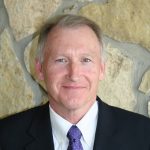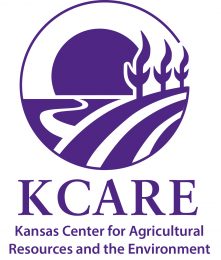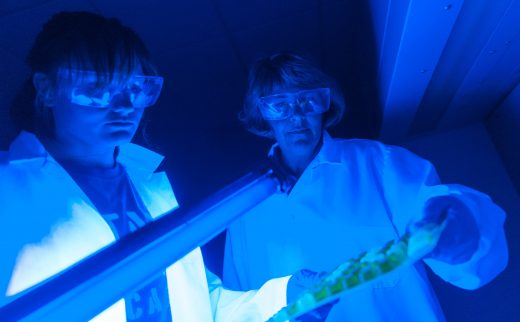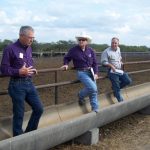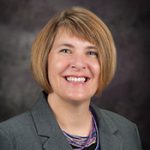Dear Friends and Colleagues,
We are deep into the harvest season and winter is approaching. The changing season signals a busy time for KCARE: we are launching number of new projects, submitting reports, and there are many upcoming meetings and conferences. To keep yourself up-to-date, I invite you to follow KCARE’s new Twitter page, @KStateKCARE. Please send us your news and events so we can get your information out to our followers!
I want to particularly remind everyone about two upcoming events. The Governor’s Water Conference will be held in Manhattan on November 8-9. This years’ program looks outstanding, and I suggest registering as soon as possible to avoid disappointment. Prior to the Governor’s Conference, on November 6-7, K-State will host a project meeting NIFA Ogallala Water CAP project meeting. Irrigation and water research and extension faculty from K-State and eight other universities will take part in the discussion about irrigation and water research. I am looking forward to seeing our results from 2017 and making plans for next year’s research and extension activities.
